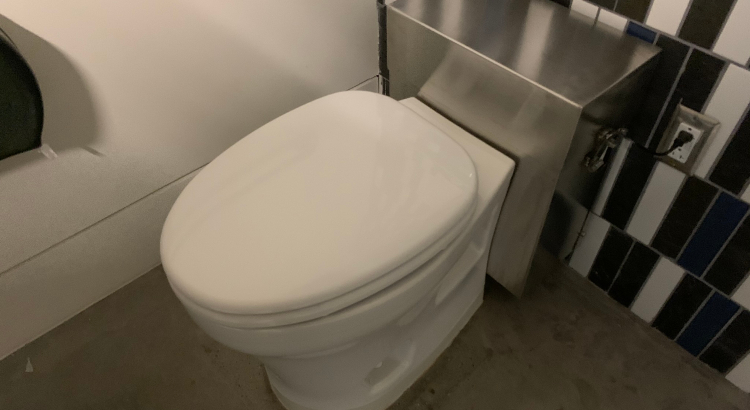The conventional toilet turns out to be an unexpected suspect in spreading coronavirus.
That’s because each flush inevitably sprays a few droplets up from the bowl. Public health experts worry that some of those droplets can contain the virus. There’s even a name for it: “the toilet plume.” They suggest a simple solution: Get people to close the lid before flushing.
With a big caution that the topic has yet to be researched, the risk could be lower for composting toilets. That’s because foam-flush composting toilets use only a tiny amount of water, which is then blanketed by a foamy soap. Splashes above the bowl are highly unlikely.
It’s unclear at this whether any significant spread can be attributed to toilet plumes. And, as I wrote above, the impact on potential infection from the lack of a splash from composting toilets hasn’t, as far as I know, been researched. Then again, there are other advantages to composting toilets. They conserve water, negate the needs for chemicals treatment of waste water, and produce organic fertilizer.
The image above shows one of eight composting toilets in Kendeda Building for Innovative Sustainable Design.
— Ken Edelstein
This post is part of a series on “10 COVID-combating features in a Living Building.” Click here to view the main article.


